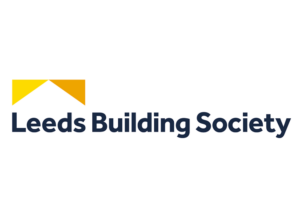
Leeds Building Society and Skills Benchmarking and Learner Pathways
Leeds Building Society is the UK’s fifth-largest building society, tracing its roots to 1875, with over 1,800 employees and three-quarters of a million customers. It is based in Leeds, with its primary customer contact centre in Newcastle and fifty branches offering a range of personal banking services focused on savings and mortgages.
In 2024, they reset their approach to skills, as part of strategic workforce planning exercise. They wanted to simplify their approach, limiting the number of behaviours they considered to be key, find a consistent language used across the society when talking about skills, with the aim of finding clarity about the skills and how to differentiate between them.
The People team discussed with senior leaders across each function to understand expected future capability requirements. After researching what tools were available to help manage the skills element, the Future Skills Framework was selected. This provides a structured and credible foundation as an industry benchmark for their new learning experience platform (LXP), which they launched in 2024.
In addition to using the framework skills, Leeds have added some business-specific skills of their own, and individuals are free to add their own personal skill goals or needs within the LXP.
The society has used the framework to help colleagues to understand the breadth of each skill, and how they are composed of smaller, more specific elements, rather than there being hundreds of different skills that were necessary to understand. This has made the conceptualising of future skill needs easier for the society. It has also facilitated the communication of the necessity to build skills on an individual level.
Within their LXP they have created pathways for individuals to boost their skill proficiency, in particular working closely with the leadership development team to focus on some core skills for future leaders, such as relationship management, allowing them to select where they believe they are on the current levels. They have followed the framework language quite closely, but have given their own labels to support differentiation, such as ‘beginner’, ‘practising’, ‘advanced’, ‘expert’, etc. After selecting their level, they are guided through some bite-size learning modules to help them advance to the next level at their own pace. The focus for now is on building capability at the foundational levels (beginner and practising) with a future focus on developing tailored interventions for the higher levels.